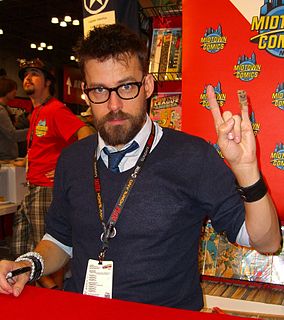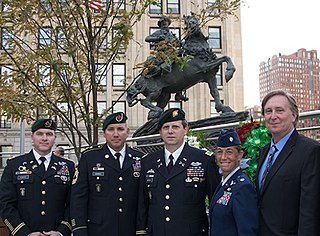A Quote by Irvine Welsh
Writing is about culture and should be about everything. That's what makes it what it is.
Related Quotes
That's one thing brands are understanding is, I'm the blogger who's not writing about fashion. I'm not writing about beauty. I'm not writing about gossip. I'm not writing about politics. I'm writing about all of that. I'm the person they can come to if they just want to reach people who care and have their fingers on pop culture.
At the beginning of my career as a writer, I felt I knew nothing of Chinese culture. I was writing about emotional confusion with my mother related to our different beliefs. Hers was based in family history, which I didn't know anything about. I always felt hesitant in talking about Chinese culture and American culture.
When you're writing TV or movies your vernacular is time, it's all based on rhythms, a character takes a beat or two characters have a moment, like everything is about time. And when you're writing a comic, everything is about space. It's how many panels to put on a page, when should you do a full page splash, what is the detail that you see in any particular image.
Critics stopped being relevant when they stopped writing to inform and contextualize, and when they started writing to signal who they are, to display their identity by their stance on what they are writing about. Criticism should never be about the critic, but thats what it has become, and that’s why no one cares about them anymore.
In a modern world, increasingly filled with pop culture fads and gimmicks, Lisa Morton reveals much of the underbelly history and unknown facts regarding the biggest pop culture event in history-Halloween. Her sheer delight and well-researched enthusiasm in tackling many of the unrecognized aspects of this monstrous topic makes one wonder what we don't know about everything else that should be as commonplace to our psyche as a bag of candy.
Egotism exists everywhere, but it has a different flavor in England, where the tabloid culture goes much deeper. It's just the indulgence of vulgarity, the wallowing in vulgarity. As with everything English, there's a sort of irony to it. They write a great deal about these trivial people who have a certain eminence, always with a bit of, "Isn't it ridiculous that we are writing about this person?"
When I'm writing, it's about the page. It's not about the movie. It's not about cinema. It's about the literature of me putting my pen to paper and writing a good page and making it work completely as a document unto itself. That's my first artistic contribution. If I do my job right, by the end of the script, I should be having the thought, 'You know, if I were to just publish this now and not make it . . . I'm done.







































